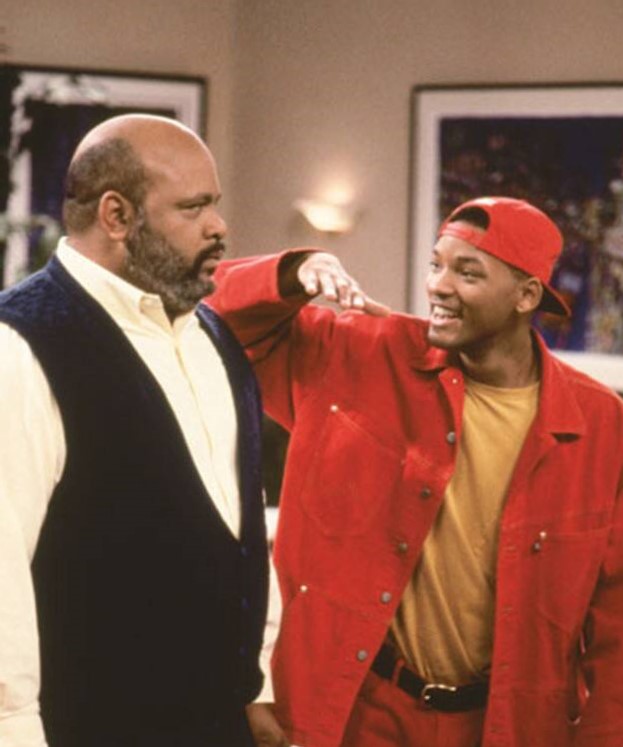How you speak in an interview has a huge impact on how interviewers perceive you. Even the most qualified candidates run a huge risk of not getting the job when they speak in an unprofessional way.
Here are a few tips to keep in mind:
Mirror the interviewer’s communication style.
If the interviewer is very business-like, you should adopt a similar style. This sort of interviewer will not appreciate your causal, comedic style. Conversely, if the interviewer’s style is more relaxed, you should adjust yours’ accordingly while still showing respect.
Don’t ramble.
Often when candidates don’t immediately know the answer to a question, they will start to ramble. This will make you appear unfocused and off subject. If you are uncertain what is being asked, ask for clarification of the question. Or if you understand what is being asked but don’t know the answer, pause for a couple of seconds to gather your thoughts before starting your answer.
Avoid buzzwords and jargon.
Some candidates use elitist-sounding language in an attempt to impress the interviewer. Usually it has the opposite effect, especially if the interviewer is unfamiliar with the words you’re using. Your best choice is to use simple, plain language that everyone understands.
Speak with confidence.
You want to demonstrate that you can do the job. Avoid words that make you look weak and insecure like: “maybe”, “perhaps”, “sort of”, and “hopefully.” And watch out for uptalk—the upward inflection at the end of a sentence that sounds like you are asking a question instead of making a definitive statement.
Avoid use of slang.
Even though you may speak to your friends this way, avoid all use of slang like: “you guys”, “dude”, “whatever”, and “my bad.” And never swear, even if the word choice is mild like: “arse”, “damn”, and “crap.”
